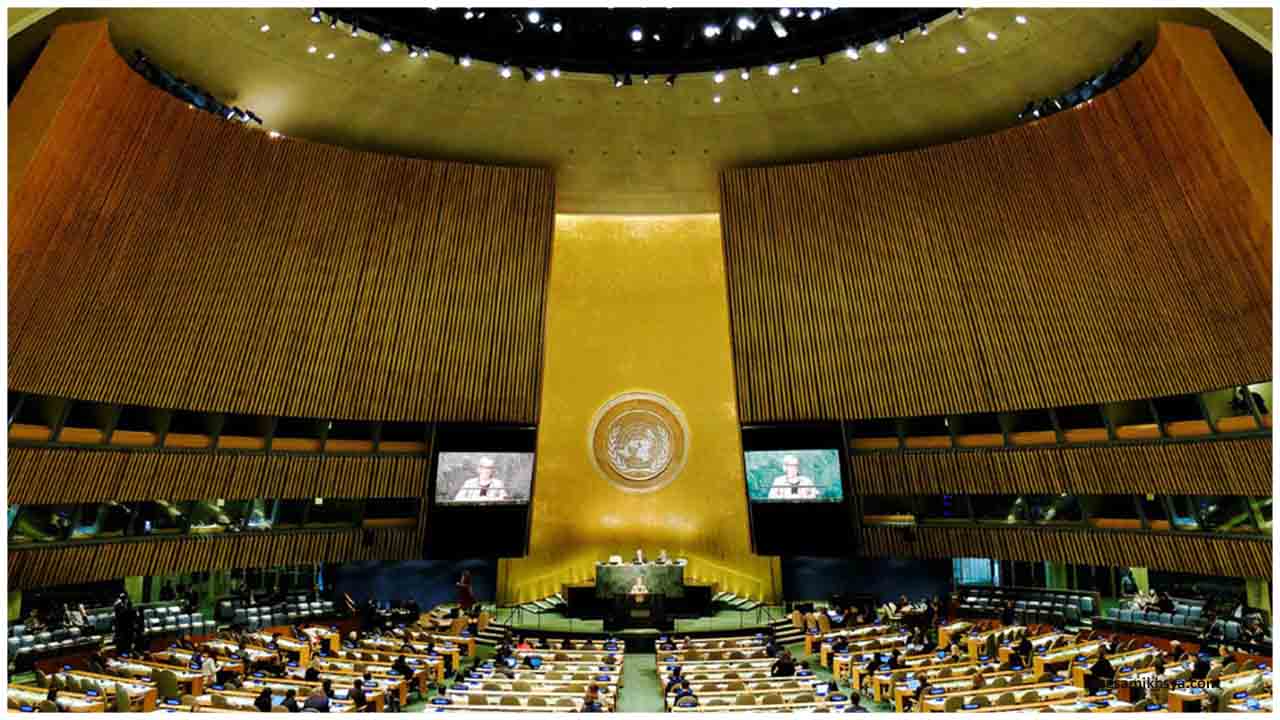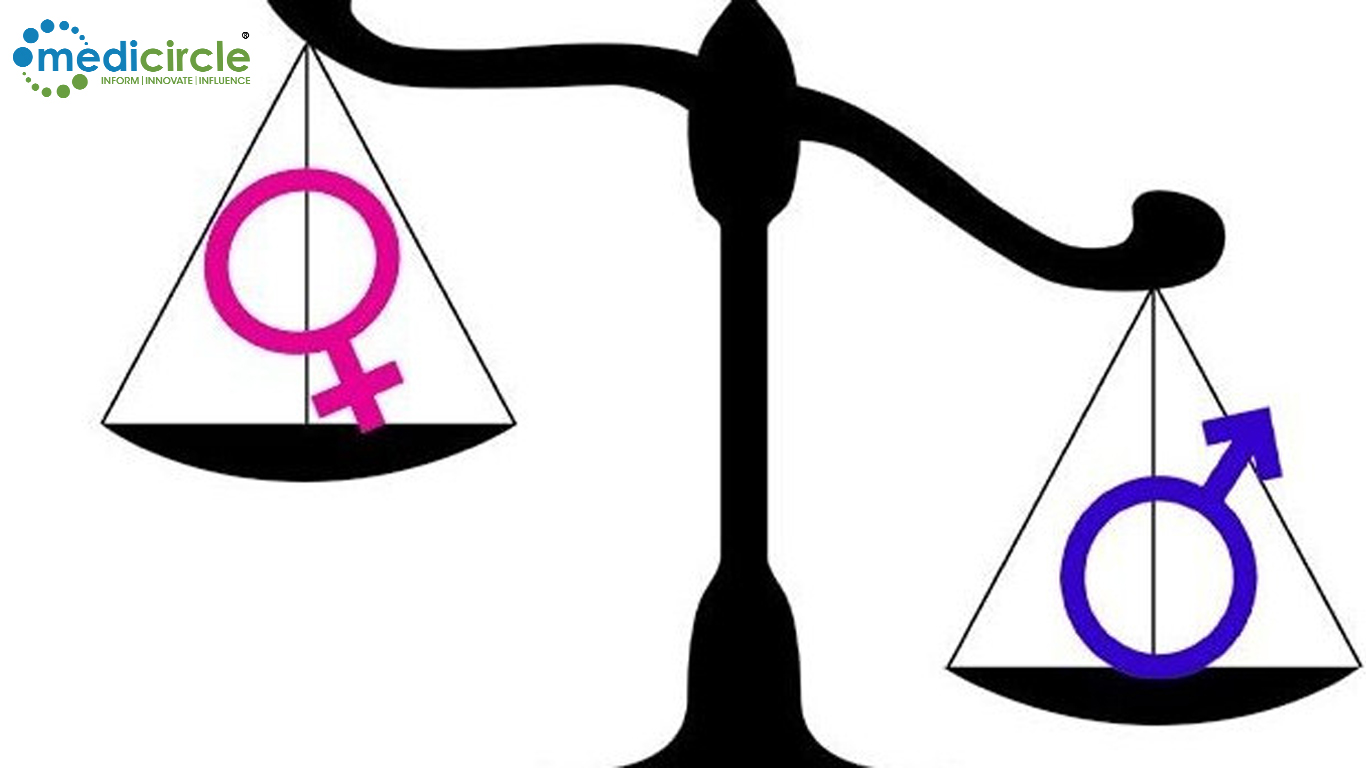Coronavirus has uncovered the "delicate skeleton" of social orders and could drive 100 million individuals into extraordinary neediness, United Nations Secretary-General Antonio Guterres said on Saturday.
Talking on the 102nd birthday commemoration of the late Nelson Mandela - South Africa's first dark president - Guterres said coronavirus was "sparkling a spotlight" on worldwide treachery.
"We have been pushed to the edge of total collapse - by a minuscule infection. The pandemic has exhibited the delicacy of our reality."
"Whole locales that were gaining ground on destroying neediness and narrowing imbalance have been slowed down years, surprisingly fast," he cautioned at a virtual remembrance address sorted out by the Johannesburg-based Nelson Mandela Foundation.
The monetary aftermath of the pandemic, which has tainted more than 14 million and executed near 600,000 individuals around the world, is by and large excessively felt among casual laborers, private companies, and ladies, Guterres said.
"We face the most profound worldwide downturn since World War II," he said. "One hundred million additional individuals could be driven into extraordinary neediness. We could see starvations of memorable extents."
Coronavirus is an "x-beam" that has uncovered "cracks in the delicate skeleton of the social orders we have manufactured", he included, referring to inconsistent human services arrangement, unpaid consideration work, pay the difference, and environmental change as a portion of the worries.
"It is uncovering misrepresentations and deceptions all over the place... The fancy that we live in a post-supremacist world. The legend that we are all in a comparable situation."
He said the world's 26 most extravagant individuals hold as much riches as a large portion of the worldwide populace.
"In any case, pay, pay and riches are not by any mean the only proportions of imbalance," he included.
Guterres said individuals were becoming irritated at the glaring differences and segregation across social orders.
He singled out the worldwide enemy of prejudice development stirred by the passing of George Floyd - an African-American man executed by a white police officer in May - as just "one increasingly sign that individuals have had enough".
Enough of "disparity and separation that treats individuals as hoodlums based on their skin shading", enough of "basic prejudice" and "methodical bad form".
Coronavirus, he stated, had likewise made an open door for world pioneers to fabricate a "progressively equivalent and feasible world".
"We are at the limit. In any case, we realize which side of history we are on."

 Entire regions that were making progress on eradicating poverty and narrowing inequality have been set back years, in a matter of months
Entire regions that were making progress on eradicating poverty and narrowing inequality have been set back years, in a matter of months









.jpg)
.jpg)








.jpeg)






.jpg)




.jpg)





.jpeg)
